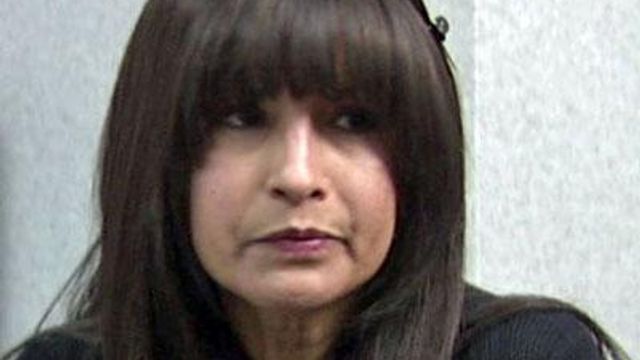Cary woman praises pioneering breast cancer treatment
A Cary woman inspired by Elizabeth Edwards' fight against breast cancer wants to spread the news about a pioneering treatment that helped cure her breast and liver cancer.
Posted — UpdatedFive years ago, Miriam Ligget began fighting stage 4 breast cancer.
Standard chemotherapy and radiation helped put the cancer into remission, but they had little effect on tumors that spread to her liver.
"The liver was inoperable. I realized I was dying," Ligget said.
Edwards died last week of the same condition, called metastatic breast cancer.
Ligget heard about new treatment – radioembolization – being developed by Dr. Andrew Kennedy, a radiation oncologist at Wake Radiology.
The procedure delivers microspheres, or tiny, radiated resin beads, directly to arteries in the liver that feed the tumors.
"We have a route to the tumor that spares the normal liver, and by releasing the microspheres at that point, it can only go to the tumor and become embedded," explained Kennedy. The microspheres lose their radiation after about two weeks.
The treatment caused Ligget's tumors to virtually shrink away.
Her thoughts then turned to other women with metastatic breast cancer in Puerto Rico, where she was raised.
"Had I been in Puerto Rico, I would have been sent home to die, because there would have been no other options," she said.
Ligget asked Kennedy to speak in San Juan, Puerto Rico, on Friday at a luncheon and informational session she organized for interested doctors and potential patients.
"This is a very cost-effective way to control tumors in the liver and one that doesn't require hospitalization or new buildings to be built or new equipment to be purchased," Kennedy said.
Ligget said she hopes the trip to Puerto Rico helps women like her live longer and have a greater quality of life.
"I'm just really excited about bringing this treatment to Puerto Rico," she said.
Radioembolization is still relatively new and not covered by all insurers.
• Credits
Copyright 2024 by Capitol Broadcasting Company. All rights reserved. This material may not be published, broadcast, rewritten or redistributed.





